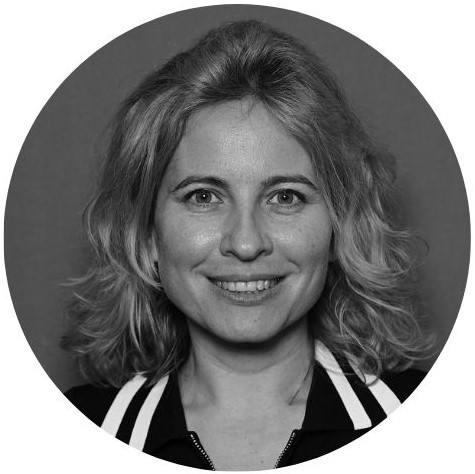Tatiana Korotkova
Institute
of Systems Physiology, Faculty of Medicine, University of Cologne, Germany
Title
State-dependent regulation of feeding by complementary neuronal populations in the lateral hypothalamus
Abstract
Feeding is largely regulated by neuronal populations in the lateral hypothalamus, an evolutionarily conserved brain region. Animals must coordinate and prioritize multiple, sometimes competing, basic needs to ensure survival and reproduction. The fulfillment of nutritional needs has to be balanced and weighed against competing needs such as mating and voluntary exercise. Using optogenetics, chemogenetics, deep-brain calcium imaging, and electrophysiology in freely behaving mice, we investigated the neuronal mechanisms enabling state-dependent representation and orchestration of multiple innate drives. We identified neuronal populations and circuits that act in a complementary manner to enable the flexible fulfillment of multiple essential needs.
Biosketch
Tatiana Korotkova is a full professor and Director at the Institute of Systems Physiology, Faculty of Medicine, University of Cologne, Germany. Her lab investigates neuronal mechanisms of innate behaviors, including feeding, social interactions and voluntary locomotion. The overall goal of her studies is to unravel functions of hypothalamic neuronal circuits in health and disease. These studies are supported by ERC consolidator grant and by the German Research Organization (DFG). Tatiana Korotkova studied biology with a focus on human and animal physiology at Lomonosov Moscow State University. She did her Ph.D. under the supervision of Dr. R.E. Brown and Prof. H.L. Haas in Dusseldorf, Germany, and her postdoctoral studies in the labs of Prof H. Monyer in Heidelberg, Prof. T. J. Jentsch in Berlin. T. Korotkova was a junior group leader at the FMP Institute/Neurocure Cluster of Excellence in Berlin, and a Max-Planck group leader at Max Planck Institute for Metabolism Research in Cologne. She was a holder of the DFG and Schering foundation research stipends, and was awarded the Human Frontier Science Program (HFSP) Grant as well as the Junior Brain Prize by Lundbeck Foundation. She supervised 13 Ph.D, 12 M.Sc. students and 8 postdocs.